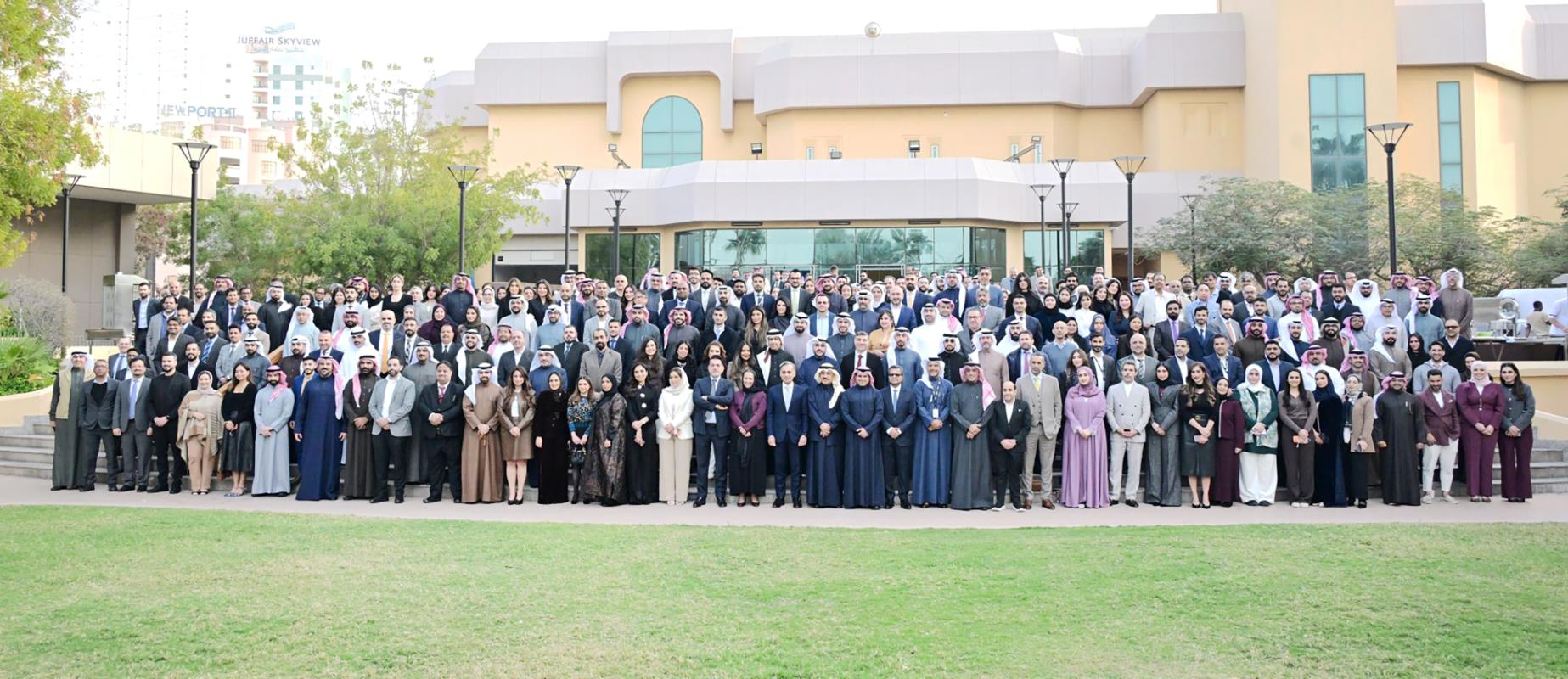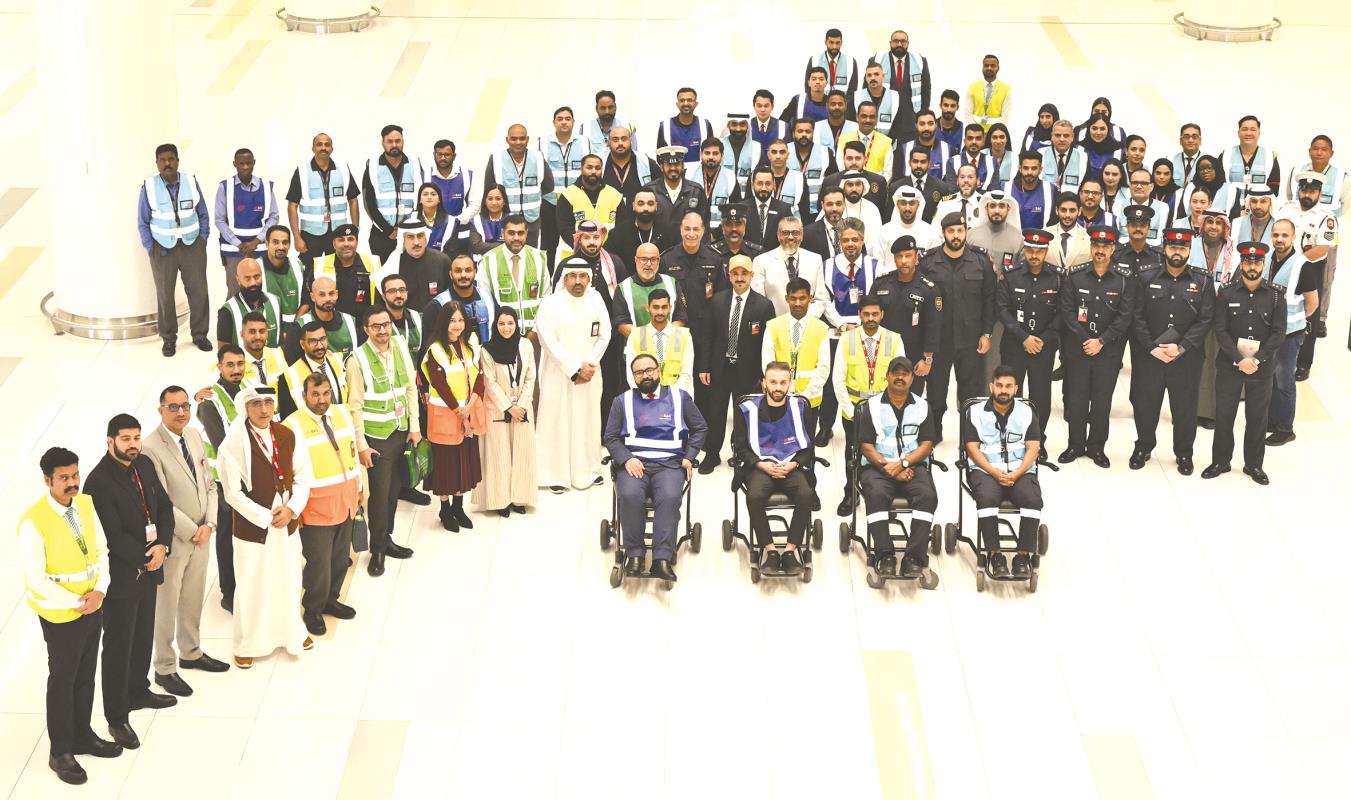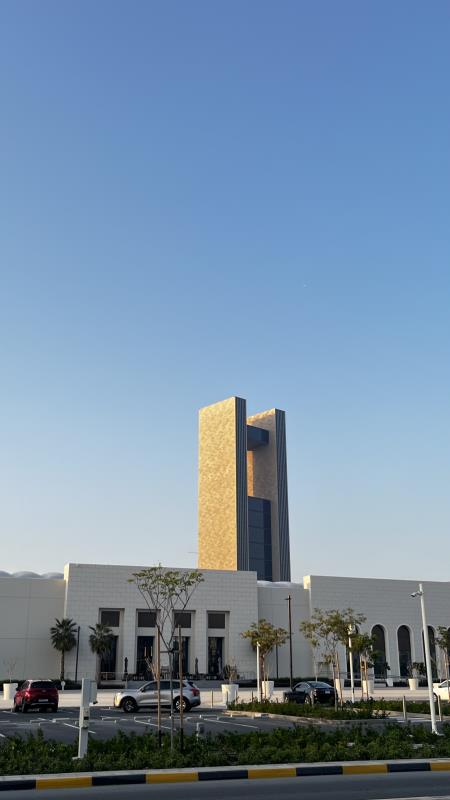
A CONTROVERSIAL clause exempting rapists from prosecution if they marry their victim could be scrapped from the 1976 Penal Code, if MPs approve it on Tuesday.
The GDN previously reported that legislators in both chambers – Parliament and the Shura Council – maintained that Article 353 was ‘offensive and degrading’ to the status of women.
Parliament’s foreign affairs, defence and national security committee, which reviewed the proposal, has pushed for its approval following meetings with the ministries of Interior, Labour and Social Development as well as the Justice, Islamic Affairs and Endowments.
Meetings were also held with the Supreme Council for Women (SCW), the Supreme Council for Islamic Affairs, and the National Institution for Human Rights.
Article 353 states that ‘no penalty shall be imposed on a person who commits one of the crimes stipulated in the preceding articles if a valid marriage is concluded between him and the victim’.
It also states that ‘if a final judgment is issued against him before the marriage contract is concluded, its execution shall be suspended and its side effects shall end’.
“Women who are subjected to kidnapping and rape are often forced into marriage to ward off shame and preserve the honour of the family,” the government said in its written response to the committee.
“The victim of rape finds herself, despite the assault on her body, facing the flogging of the family and society and she is forced to do one of two things – either marry the man who assaulted her to avoid shame and scandal, or live as an outcast bearing the burden of a crime she did not commit.”
According to Islamic Sharia Law, the validity of a marriage contract depends on consent between the two parties, with no coercion from any sides. However, in the case of marriage between a rapist and a victim, the female is forced to marry due to circumstances, making her consent coerced thereby invalidating the contract.
“Retaining Article 353 may contribute to encouraging young men and women to establish relationships outside the framework of marriage due to this legal loophole,” said the SCW in its response.
“It exempts them from punishment for the act, which is religiously forbidden and legally considered a criminal act, which may be used as a way to force parents to marry them if the relationship was with the consent of both parties.”
“Some rape crimes – which result in pregnancy – are dealt with through the consent of both parties to preserve the identity and lineage of the child, and this is done on a case-by-case basis by the Public Prosecution.”
MPs are set to vote on the key proposal on Tuesday along with proposed amendments to Law 58 of 2009 regarding the rights of the elderly as well as the 2006 Labour Fund (Tamkeen) Law.
They will also be reviewing responses from Housing and Urban Planning Minister Amna Al Romaihi on housing requests across various constituencies.
reem@gdnmedia.bh
preprocess






































































